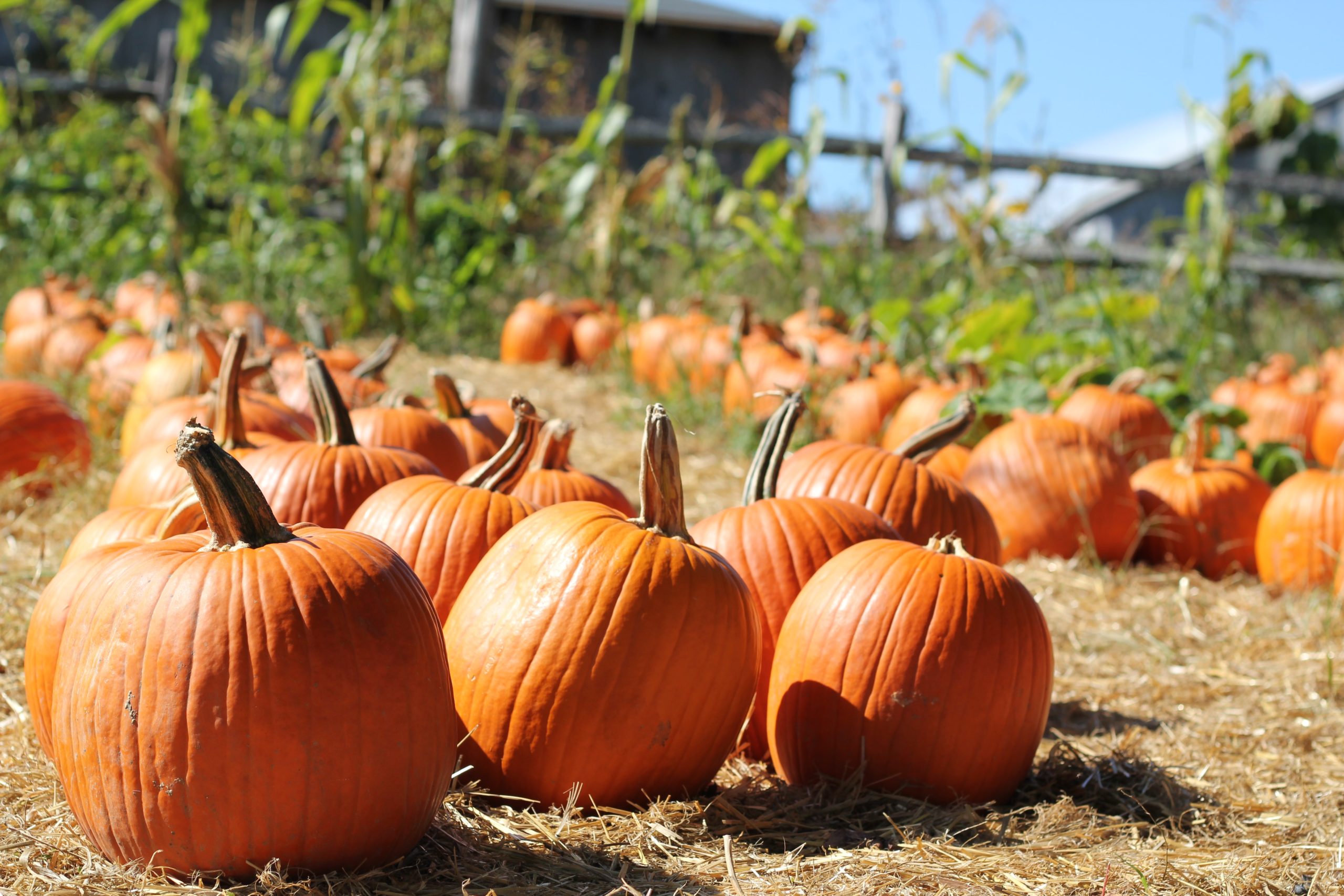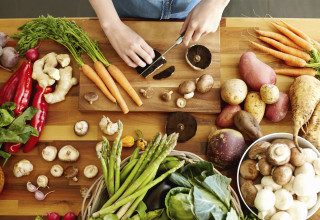Although a new wave of lockdowns is spreading across Europe, with many Europeans spending the month of November at home, the food and nutrition policy gears continue to move at full speed on both sides of the Channel. With 2021 fast approaching, Brussels is getting ready for the first legislative actions that will stem from the Farm to Fork Strategy, while London continues to draft the future of British food policy after the end of the Brexit transition period.
Every month, the Whitehouse team brings you the top stories in the food and nutrition space. In November:
It’s goodbye to some online food ads: The UK government is looking to ban the online advertisement of products high in fat, sugar and salt (HFSS). A new public consultation, open until 22nd December, is seeking stakeholder feedback on the proposal. This follows on from the 2019 consultation on whether to extend advertising restrictions on broadcast TV and online media, and on watershed restrictions.
Time to try some crickets? In a win to insect producers, the European Court of Justice ruled that whole insects do not fall within the scope of the Novel Foods Regulation. While insects are included in the latest revision of the regulation, with authorisations expected by mid-2021, previous EU legislation was unclear on the commercialisation of insect food products, leading some Member States to not allow their commercialisation.
Nutri-Score gets green light: Researchers from Ghent University have published studies on the effectiveness of the Nutri-Score front-of-pack nutrition labelling system. Findings, measured from observing consumers’ reactions to products with the Nutri-Score, found that the system is easily understood by shoppers and can better allow them to measure how healthy a food product is. Not only is the Nutri-Score effective in informing consumers, but it also generates higher purchase intentions for healthy products carrying the ‘traffic-light’ system, than those without it. Would our esteemed readers agree?
Habemus Agriculture Bill: After long parliamentary debates, controversy, and the involvement of celebrity chef Jamie Oliver, the UK Agriculture Bill was signed into law. Despite active campaigns to ensure that UK food standards are legally protected in any post-Brexit future trade deal discussions, the government’s compromise was to commit to a report to Parliament on the impacts of future trade deals on the British food and agriculture sectors.
Speaking of trade deals: The UK International Trade Secretary, Liz Truss, delivered a keynote speech on her vision for the future of the country’s trade policy. Calling the EU ‘innovation-phobic’, Truss called for a ‘moderate’ approach to gene-edited foodstuffs and assured the crowd that British food standards are not ‘up for grabs’. You’ll have to trust her though, as a ‘blanket ban’ on any food produced differently from the UK would be a step too far that would harm British free trade in the long turn.
Updated Brexit Guidance on Food and Drink Labelling: The UK Department for Environment, Food and Rural Affairs published updated guidance for food business operators on the labelling requirements for food products after the Brexit transition period, including guidelines for products to be sold in Northern Ireland. Among other requirements, products made in Northern Ireland will need to be labelled as made in ‘UK(NI)’ or ‘United Kingdom (Northern Ireland)’.
You can read this month’s developments in more detail on our Food & Nutrition Newsletter. You can subscribe to our mailing list here.
If your business needs any support or advice in navigating these policy challenges, or if you have any questions about how these may impact your industry, please do get in touch by contacting Viviana Spaghetti, Director of European Affairs at Viviana.Spaghetti@whitehousecomms.com

